Written by Kayleigh Dray
Kayleigh Dray is Stylist’s digital editor-at-large. Her specialist topics include comic books, films, TV and feminism. On a weekend, you can usually find her drinking copious amounts of tea and playing boardgames with her friends.
It’s important to figure out how the sudden spike in Covid-19 cases is impacting you as a human being, says psychotherapist Ruairi Stewart.
You’ve no doubt read the headlines, even if you haven’t clicked through to the articles themselves: coronavirus cases in England have increased by 56% within a week, according to the latest Test and Trace figures.
This means that, between 24 and 30 September, some 51,475 people tested positive for Covid-19 – the highest total since the scheme was launched at the end of May.
And, while it’s undeniably important that we’re kept aware of the latest figures, all you have to do is glance through social media comments to see that the ever-climbing figures are dividing people into one of three camps.
Some, furious at news outlets for publishing their “scaremongering reports”, have insisted that the number of coronavirus cases means nothing to them. “Report on the deaths, not the cases,” reads one Facebook user’s comment.
Some, frightened by the figures, have expressed feelings of helplessness over the “inevitability” of a deadly second-wave.
And others, unable to comprehend the sheer scale of the numbers involved, have found themselves utterly detached from what’s happening.
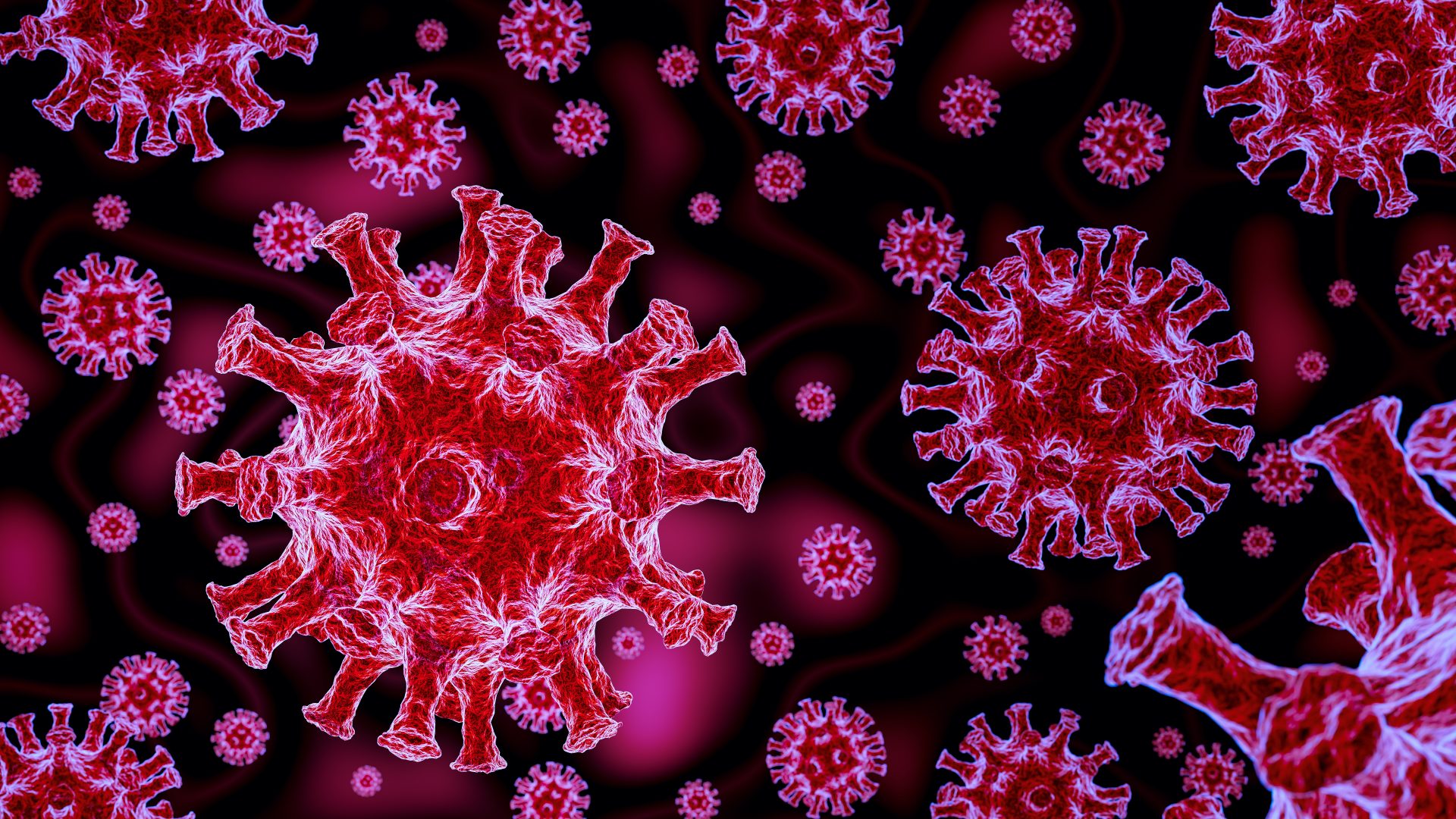
Whichever camp you fall into, the effect is seemingly the same; you switch off from the news.
With this in mind, we reached out to psychotherapist Ruairi Stewart (aka The Happy Whole Coach) in a bid to learn more about why we’re reacting to the rise in Covid-19 cases in this way, the impact our behaviour is having on us human beings, and what we need to do about it.
Here’s what he had to say.
If the rise in Covid-19 cases has left you feeling helpless:
“Feelings of anxiety, powerlessness and helplessness are totally normal right now. These are unprecedented times and there is so much instability and uncertainty,” says Stewart.
“This means now more than ever you need to be vigilant of your thoughts and emotions, especially anxiety. Because it is trying to serve a purpose: from an evolutionary perspective, it’s about safety and being prepared.
“That being said, you need to be mindful of not letting anxiety take over so you are living your life alongside fear and panic.”
He continues: “It is so important that you identify any unhealthy ways you are currently coping and aim to make changes. This could include indulging excessively in alcohol, junk food, or other self-medicating behaviours that will ultimately lead to you feeling worse in the long run, despite having a temporary escape from how you feel.
“A huge part of this is how you make meaning out of what is happening and how it’s impacting on you as a human being.
“One of the most important things you can do is look at what you can control. This perspective shift is powerful because it’s shifting your attention to a more empowered mindset. This could include your daily routine, making an effort to eat well, to exercise where possible, to stay hydrated, to limit social media and news intake, to stay connected to friends and family in a safe practical way, to focus on implementing social distance and hygiene practices for yourself and your own peace of mind. The key is to establish a routine that helps you stay grounded.
“Focusing on fear, what you can’t control, what you believe you’re missing out on or lacking, is taking your own personal power away,” Stewart adds.
“You have to make the decision to establish habits that are going to add to your wellbeing during such a challenging time. This is crucial for your mental health and emotional wellbeing.”
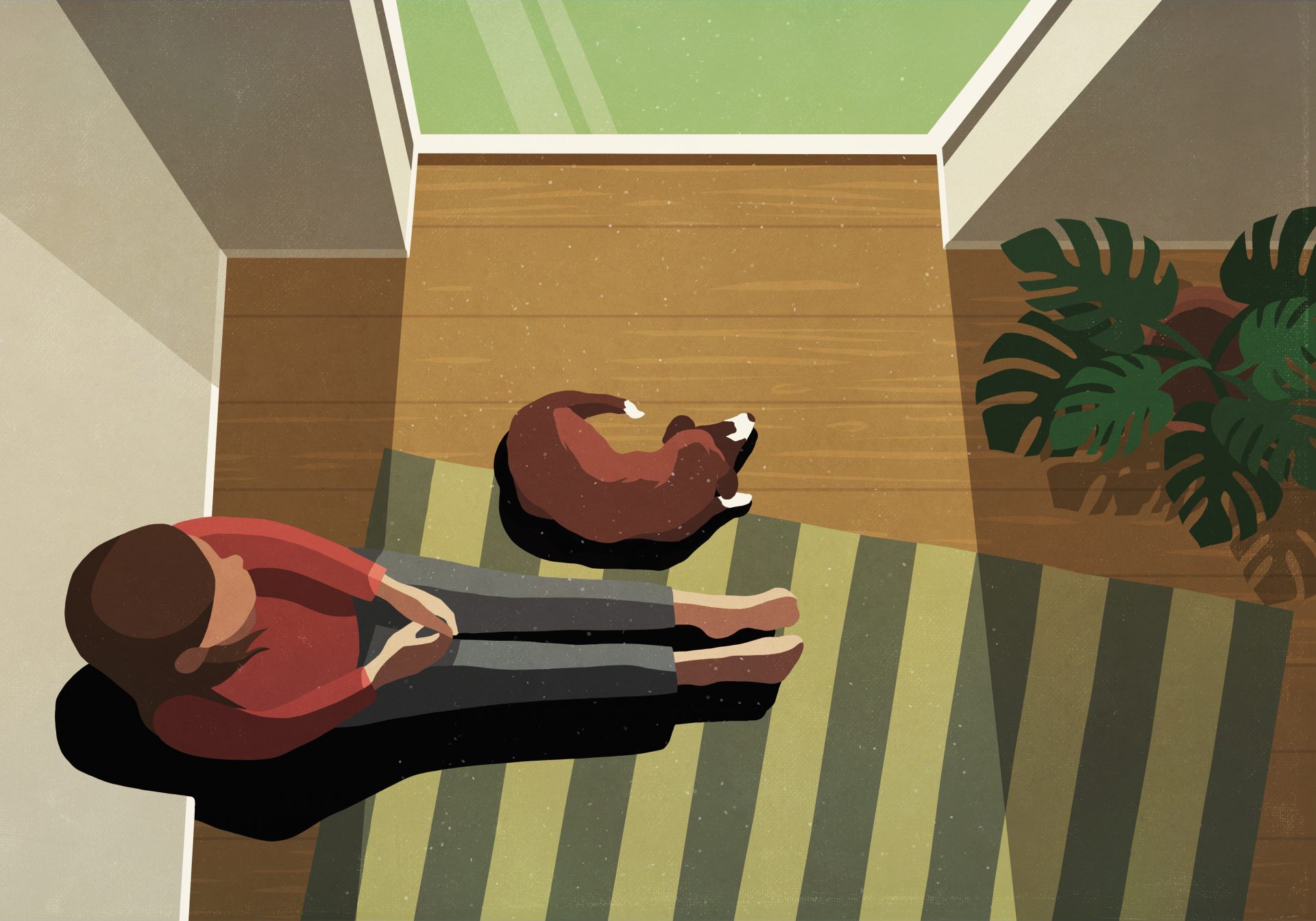
If the rise in Covid-19 cases has left you angry:
Stewart says: “Anger to me is the tip of the emotional iceberg. There is a whole depth of emotion beneath it, for example, fear, sadness, frustration, disappointment, powerlessness, pain and grief. With so much global change and uncertainty it is totally understandable that many people are experiencing intense anger. It is a reflection of deeper feelings of fear, distress, suffering and being overwhelmed.
“When anger flares up it’s like an emergency light coming on in your car, it is demanding your attention so you can take some form of action, whether this is enforcing your boundaries, holding someone accountable or standing up for what you believe in. Anger demands to be felt, trying to deny it or ignore it will lead to it surfacing in other unhealthy ways.
“You need to learn healthier ways of recognising your anger and using it in a way that is constructive and transform it into positive action.”
He continues: “Anger can also be driven by a person feeling like they haven’t had their needs or expectations met. You might feel outrage at how the government is handling things right now, you might be incensed that so many people are dying, you might be angry that you feel the media are lying to you about what’s really going on.
“This is being collectively experienced: there is a sense of moral outrage and anger at injustices that people are experiencing and the handling of this crisis by our elected leaders in society. There may also be zero trust in the information that is being put forward by the government, despite evidence indicating it is science-backed.”
With that in mind, then, it is totally understandable that people are angry. They are losing people close to them that they love and care for, their routine, their sense of reality and safety has been impacted, and their ability to maintain meaningful connections with their friends and family has been affected.
“You are also playing a role in this by choosing which story fits your model of the world and by letting your anger take control over your behaviour,” says Stewart.
“This may be why some people are so quick to dismiss the recommendations being put into place by the government regarding social distancing and wearing a mask.”
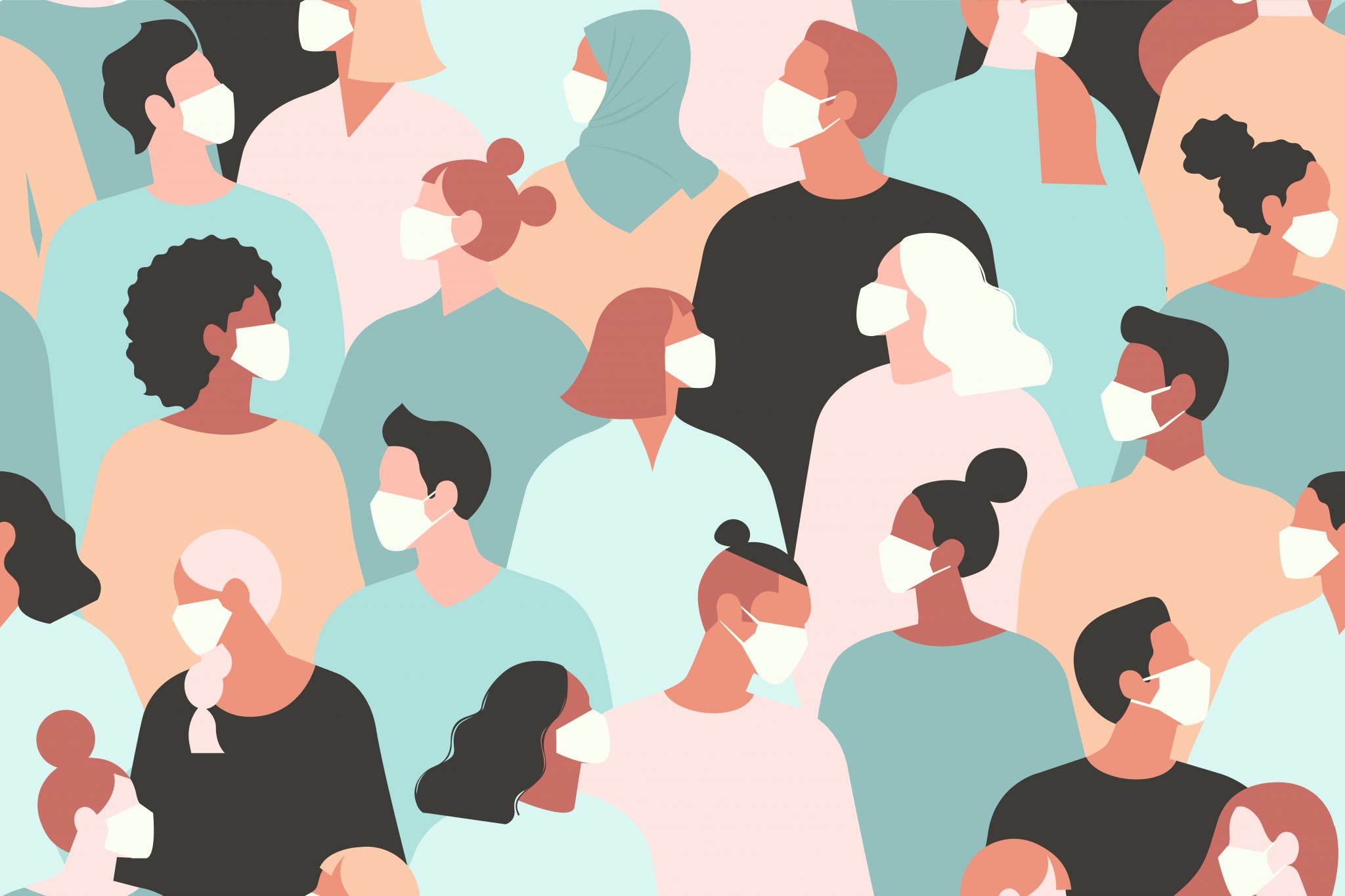
… and if you believe the constant reportage is a form of “scaremongering”?
Some people believe that they are the exception to the rule. This belief that bad things happen to other people but won’t happen to you is a form of ‘optimism bias,’ or a form of weighing up the risks and believing that you will be the exception.
“This type of person won’t amend or adjust their behaviour,” says Stewart. “They might not socially distance, and they may not wear a mask or adhere to guidelines. As such, this optimism bias is dangerous, as it ignores the facts around how this virus is spread and puts people at risk.”
“Dismissing scientific facts as ‘scaremongering’ is feeding into this narrative that you are an exception and immune to this global pandemic,” he continues.
“If a person could anchor it into their mind that through a result of their own decision to ignore the guidelines, that someone they love would be at serious risk, their behaviour may shift because it is now more relatable, closer to home and directly experienced by the person.”
Stewart adds: “The aim is to also realise that this is a communal problem and not just an individual issue. We have to take personal responsibility to put these practices into action so we can keep not only ourselves but others safe in the process.”
If the rise in Covid-19 cases has left you feeling detached:
“It is important to realise that anxiety is at an all-time high,” Stewart explains. “We are collectively experiencing a form of societal grief and trauma which is very overwhelming. There is so much uncertainty, fear, and unpredictability about the future and sense of safety.
“Many people are simply unable to process this level of trauma, and when this happens it is held and stored in the body.”
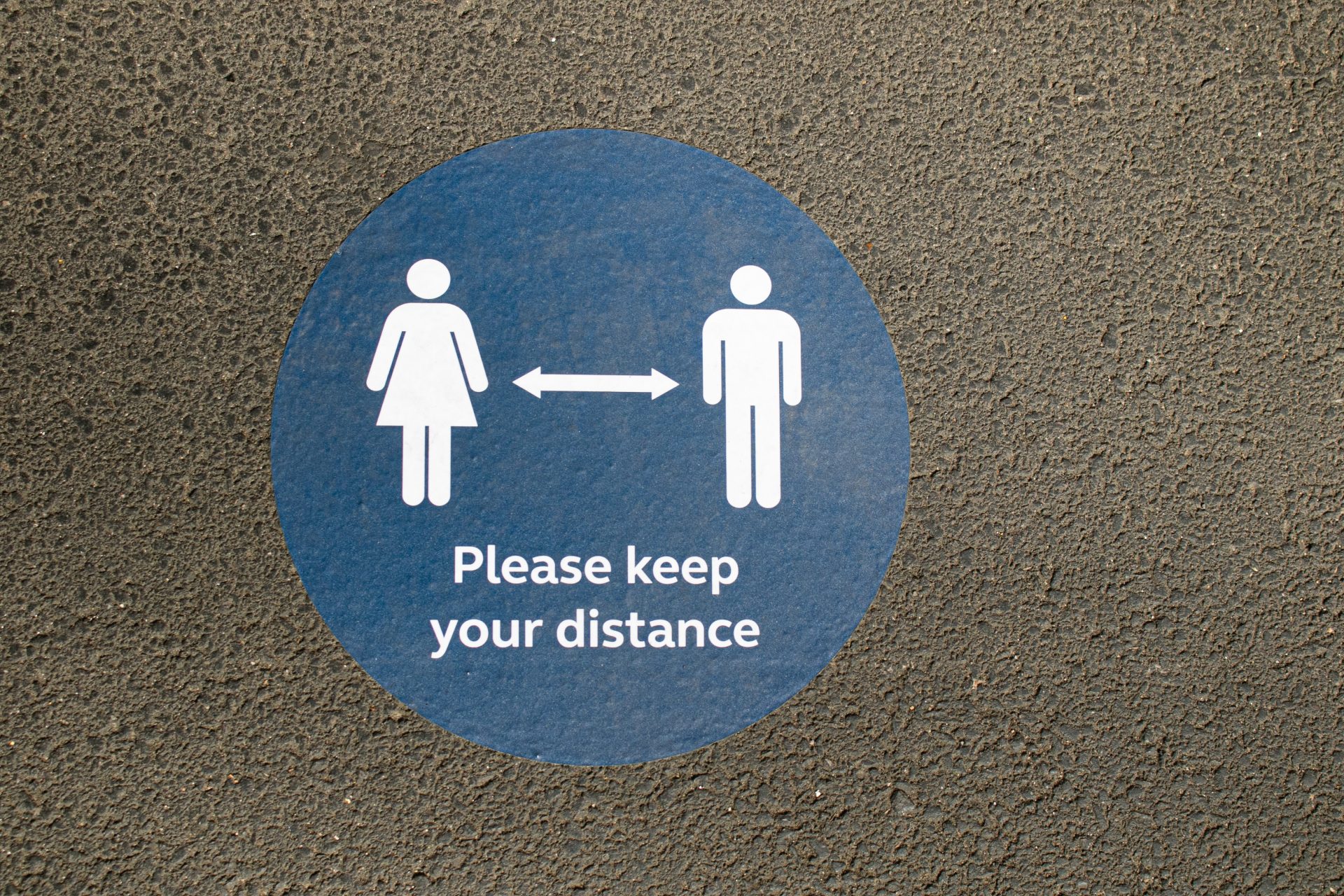
This can lead to a person shutting down. They might seem totally detached and appear as though they are just existing. Support needs to be available to people during times of crisis. Mental health professionals are appealing to the government to make support more readily available and accessible to people because they fear a wave of mental health issues surfacing both during and the aftermath of this pandemic.
“Feeling detached can also be experienced as a kind of numbness to everything going on around you, says Stewart. “For some people, this can be a result of not having the ability to emotionally self-soothe and regulate how they are feeling or coping.
“This is why so many people are talking about feeling helpless, powerless, and depressed.”
So why is this?
“Well, death is not something that we as a society reflect on every day or regularly, unless it is a part of your profession,” says Stewart. “This means that for most people they aren’t dwelling on their mortality or the inevitability of death. This pandemic is highlighting a historic amount of grief, loss, and collective trauma.
“Death toll figures can seem like they are just statistics until someone you know and love is one of the deceased, then it can really hit home for a person. The average person isn’t living their life thinking about death they may be in denial about it, so as a society we are currently witnessing death on a scale we haven’t experienced before and the numbers are continuously rising.
“This is hard to process and it is highlighting people’s beliefs, attitudes, and expectations around death.”
Stewart continues: “This is made even more difficult by how people are being forced to grieve, maybe not seeing their loved one before they pass away, the environment they have died in, the people who were around them in their last moments. The rituals of death and grieving have also been heavily impacted by this pandemic and will likely have a lasting contributing impact on rising mental health issues and trauma.
“This is also different depending on the person who has died, if it was a young ‘healthy’ person, they may have been ‘expected’ to survive this, making the loss even more traumatic for their loved ones.”
When feeling detached, it is important to engage in practices that help you feel rooted and grounded in your body. Breathwork and yoga are both great ways to anchor yourself and connect to your physical body.
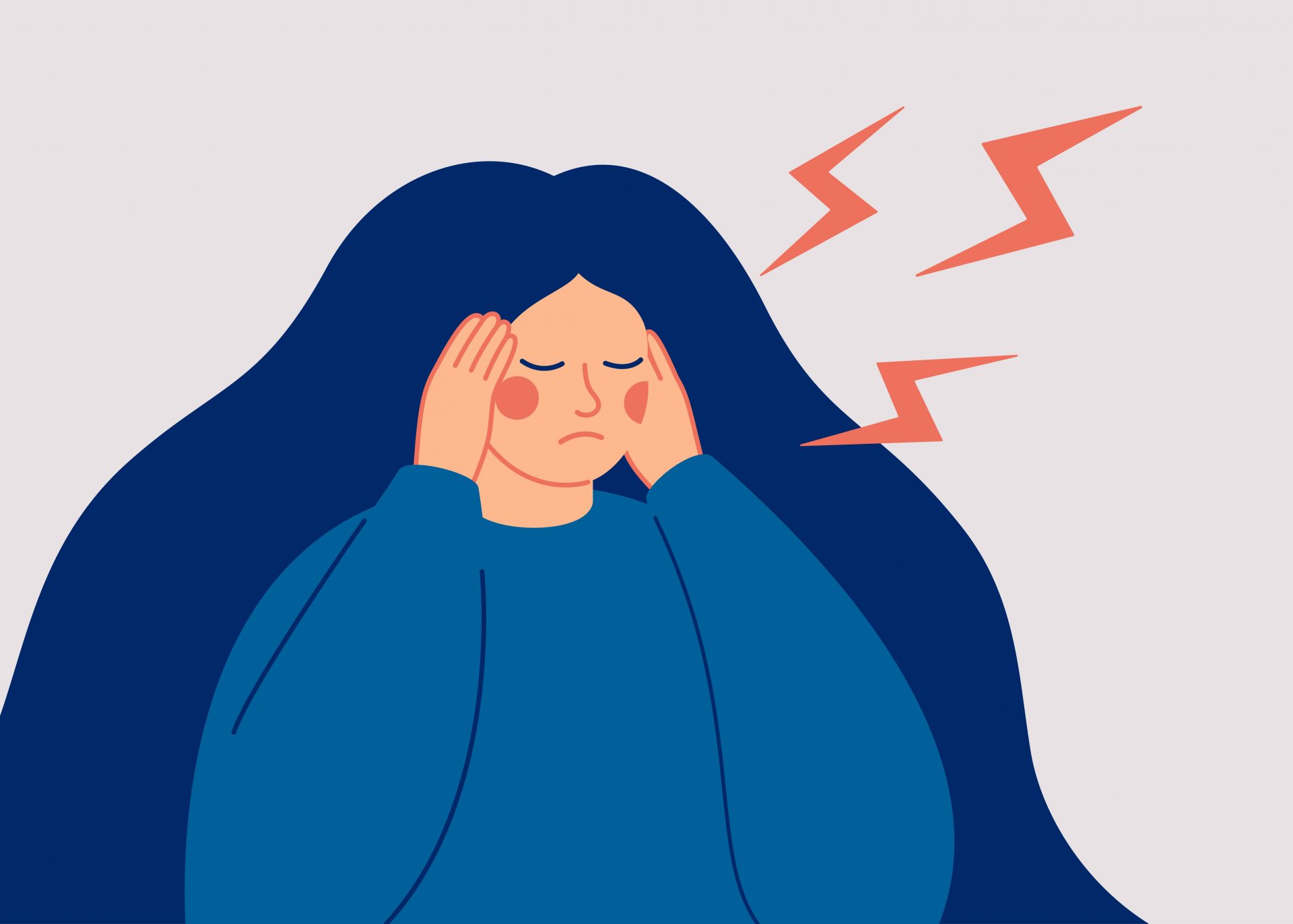
“The power of your daily routine is a massive tool at your disposal,” says Stewart, noting that those who are feeling detached should avoid media consumption, make time for self-care, be compassionate to themselves, and work on gratitude journaling, meditation and mindfulness practices in a bid to improve their current mental state.
“The challenge is taking action before this impacts your mental health to the point of depression,” he cautions.
“If it feels like you aren’t coping at all, struggling with suicidal thoughts, or not sure how to get out of this headspace please reach out to a mental health professional and get support as soon as possible.”
You can find more information on anxiety, as well as support and resources, on both the NHS and Mind websites.
Images: Getty
Source: Read Full Article